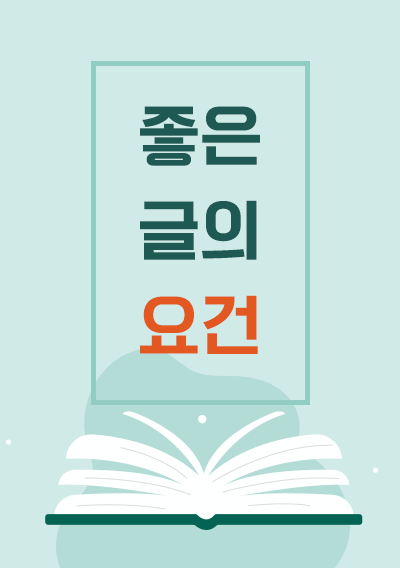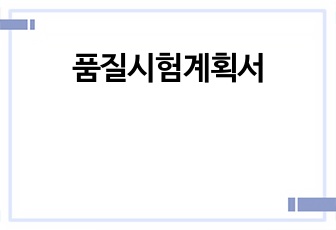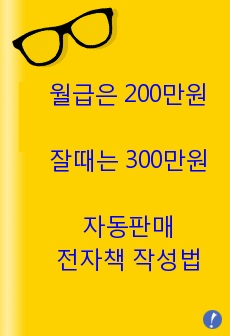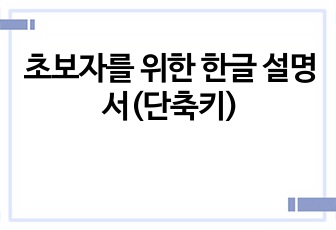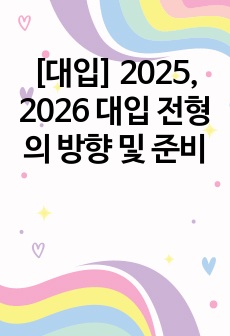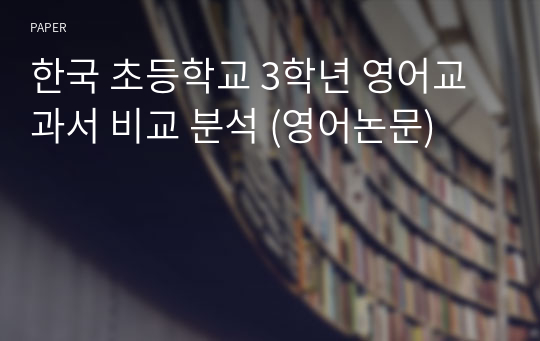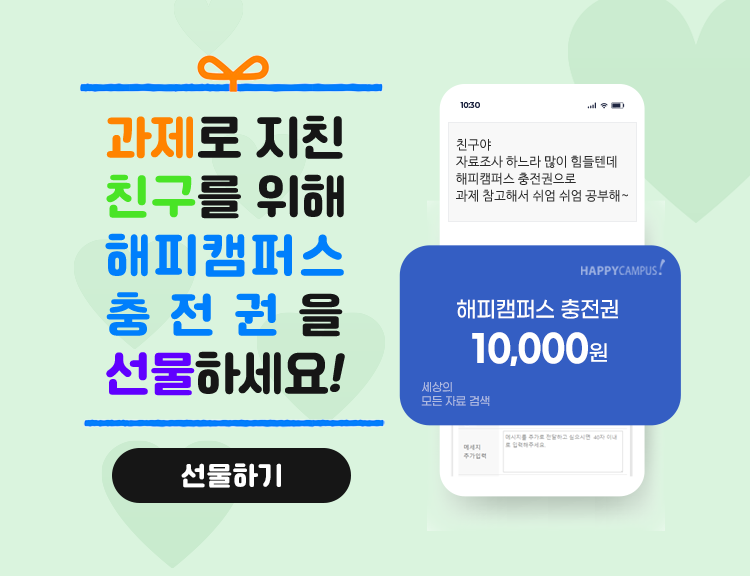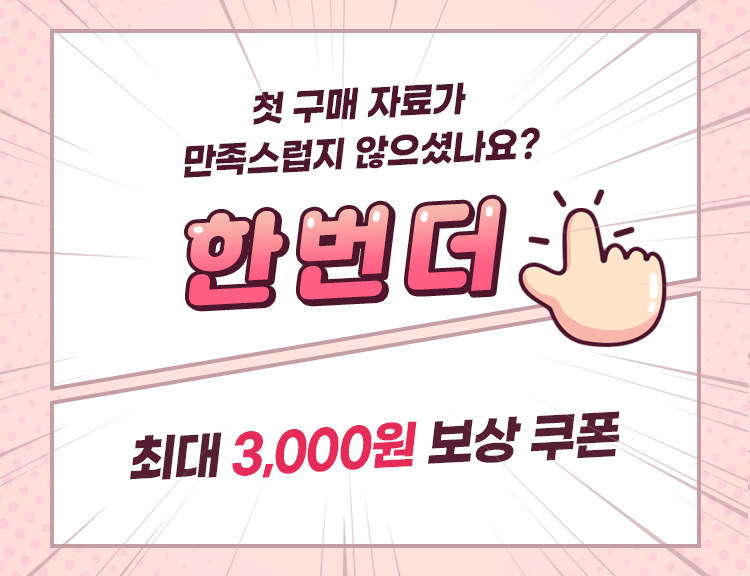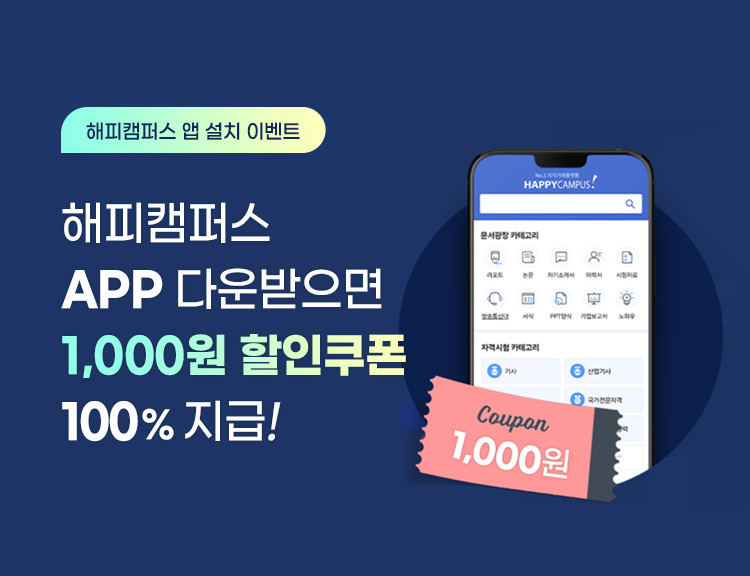한국 초등학교 3학년 영어교과서 비교 분석 (영어논문)
*미*
다운로드
장바구니
소개글
"영국대학원 석사논문"에 대한 내용입니다.목차
1. Introduction2. Literature Review
2.1. The worldwide trend of English textbooks
2.2. A perspective about the textbook in English education in Korea
2.3. Justification of ‘textbook analysis and evaluation’
2.4. Common approaches for evaluating ELT textbooks
2.5. A framework for textbook selection based on communicative competence
2.6. Research question
3. Methods
3.1. Subject
3.2. Instruments
4. Findings and Discussion
4.1. Impressionistic overview
4.2. A comparative analysis using a checklist
4.2.1. Research Question A
4.3. Close evaluation
4.3.1. Research Question B
4.4. Limitation
4.5. implication
5. Conclusion
Reference
Appendix
본문내용
AbstractTextbooks have played an important role in the teaching and learning process. Particularly, the English education in Korea utilises the textbook as a source of classroom language activities. The present study analyses and evaluates five English textbooks used for the 3rd grade of primary school in Korea. The aim is to suggest a criterion of textbook evaluation based on the framework of communicative competence and what is more, the results of the evaluation can be used for potential users of textbook selection. By employing and modifying the existing methods of textbook evaluation, this study investigates how well the sampled textbooks have balanced four competences – grammatical, sociolinguistic, discourse and intercultural communicative competence – from the perspective of SLA. The methodology of this study outlines three steps of textbook evaluation: the impressionistic overview, a comparative analysis based on communicative competence and close evaluation of small unit in each textbook.
참고 자료
Aguilar, M.J.C., 2007. Dealing with intercultural communicative competence in the foreign language classroom. In Soler, E.A. and Jordà, P.S. eds. Intercultural language use and language learning. Amsterdam: Springer. pp.59-78.Allwright, R.L. 1981. What do we want teaching materials for?. ELT Journal, 36(1), pp.5-18.
Cahyono, B.Y. and Widiati, U. 2015. The teaching of EFL listening in the Indonesian context: The state of the art. Teflin Journal, 20(2), pp.194-211.
Canale, M. and Swain, M. 1980. Theoretical bases of communicative approaches to second language teaching and testing. Applied linguistics, 1(1), pp.1-47.
Chang, B.M. 2009. Korea's English Education Policy Innovations to Lead the Nation into the Globalized World. Journal of Pan-Pacific Association of Applied Linguistics, 13(1), pp.83-97.
Cunningsworth, A. 1995. Choosing your coursebook. Oxford: Heinemann.
Ellis, R. 1997. The empirical evaluation of language teaching materials. ELT Journal, 51(1), pp.36-42.
Daud, B. and Salamah, U. 2016. Teaching phonics and phonemic awareness in English Beginning reading. English Education Journal, 7(3), pp.329-340.
Dörnyei, Z. and Thurrell, S. 1991. Strategic competence and how to teach it. ELT Journal, 45(1), pp.16-23.
Gholami, R., Noordin, N. and Rafik-Galea, S., 2017. A Thorough Scrutiny of ELT Textbook Evaluations: A Review Inquiry. International Journal of Education and Literacy Studies, 5(3), pp.82-91.
Hutchinson, T. and Torres, E. 1994. The textbook as agent of change. ELT Journal, 48(4), pp.315-328.
Jones, C.D., Clark, S.K. and Reutzel, D.R., 2013. Enhancing alphabet knowledge instruction: Research implications and practical strategies for early childhood educators. Early Childhood Education Journal, 41(2), pp.81-89.
Kwon, S.K., Lee, M. and Shin, D., 2017. Educational assessment in the Republic of Korea: lights and shadows of high-stake exam-based education system. Assessment in Education: Principles, Policy & Practice, 24(1), pp.60-77.
Littlejohn, A. 1998. The analysis of language teaching materials: Inside the Trojan Horse. In Tomlinson, B. ed. 1998. Materials development in language teaching. Cambridge: Cambridge University Press. pp. 190–216.
Tomlinson, B. 2001. Materials development. In R. Carter & D. Nunan. ed. The Cambridge guide to TESOL. Cambridge: Cambridge University Press, pp.66–71.
McDonough, J. and Shaw, C. 1993. Materials and methods in ELT: A teacher’s guide. London: Blackwell.
McGrath, I. 2002. Materials Evaluation and Design for Language Teaching. Edinburgh: Edinburgh University Press.
Mikio, S. 2008. Development of primary English education and teacher training in Korea. Journal of Education for Teaching, 34(4), pp.383-396.
Ministry of Education. 2018. New Textbooks for the 2015 National Curriculum. [Press release]. [Accessed 1 April 2018]. Available from: http://english.moe.go.kr
O'Neill, R. 1982. Why use textbooks?. ELT Journal, 36(2), pp.104-111.
Paquette, K.R. and Rieg, S.A. 2008. Using music to support the literacy development of young English language learners. Early Childhood Education Journal, 36(3), pp.227-232.
Richards, J.C. 2006. Materials development and research—making the connection. RELC Journal, 37(1), pp.5-26.
Sarem, S.N., Hamidi, H. and Mahmoudie, R. 2013. A critical look at textbook evaluation: A case study of evaluating an ESP course-book: English for international tourism. International Research Journal of Applied and Basic Sciences, 4(2), pp.372-380.
Savignon, S.J. 1983. Communicative Competence: Theory and Classroom Practice. Boston: Addison-Wesley.
Savignon, S.J. 1991. Communicative language teaching: State of the art. TESOL Quarterly, 25(2), pp.261-278.
Sheldon, L.E. 1988. Evaluating ELT textbooks and materials. ELT Journal, 42(4), pp.237-246.
Swales, J.M. 1980. ESP: The textbook problem. The ESP Journal 1(1), pp.11–23.
Tomlinson, B. ed. 2003. Developing materials for language teaching. London: Continuum.
Tomlinson, B. 2012. Materials development for language learning and teaching. Language Teaching, 45(2), pp.143-179.











